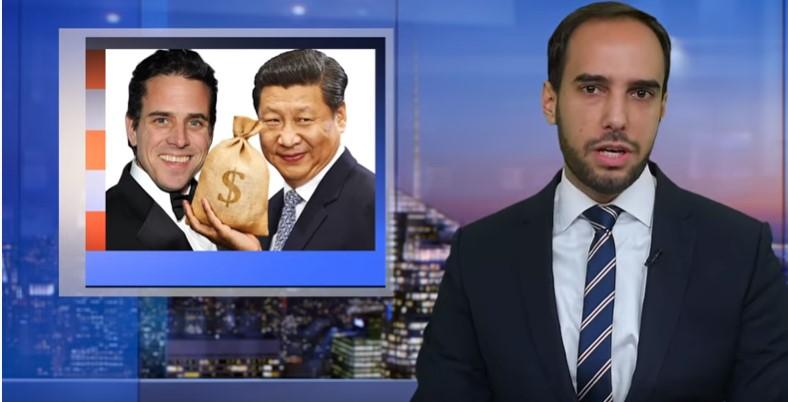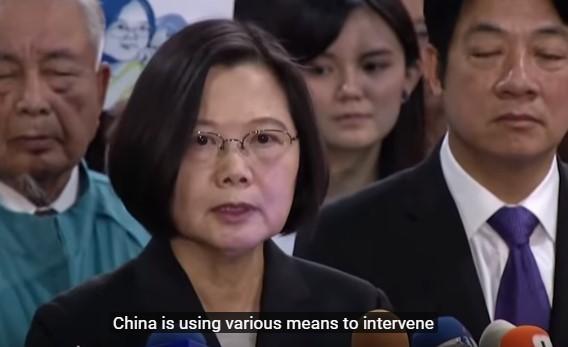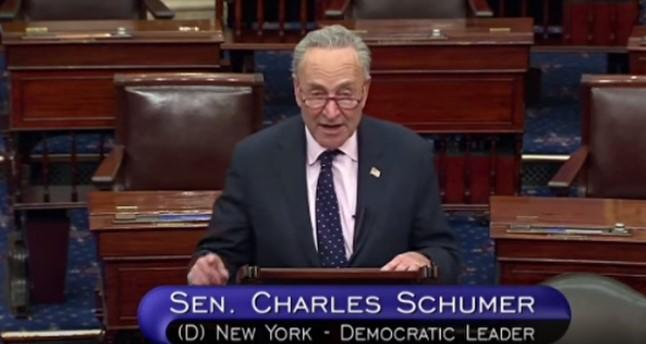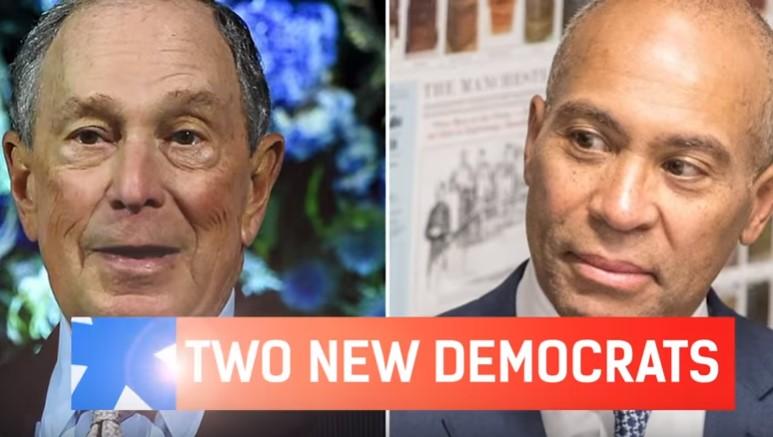You might think that if you’re already the leader of the unfree world and oversee the biggest country on Earth, with the biggest military, there’s not much room for job advancement. But you'd be wrong. Because last week, the guy who already holds the tiles of General Secretary of the Communist Party, Commander-in-Chief of the People’s Liberation Army, and President of the PRC just got a promotion.
Yes, Xi Jinping is now China’s “core leader.” This is big. I can’t stress that enough. Core leader is a term first used by Deng Xiaoping to describe himself and Mao Zedong. Xi has entered the pantheon of the Communist Party’s Olympus.
This comes after years of Xi Jinping purging his political rivals—members of a faction tied mainly to former Chinese Leader and underworld amphibian Jiang Zemin. When Xi first came to power in 2013, one of the first things he said he wanted to do was eliminate labor camps. He was blocked. Labor camps were a huge source of money and power for Zhou Yongkang, Jiang’s protégé and one of Xi’s biggest opponents. But after months purging officials in the oil industry with ties to Zhou, before the year was out, Xi was able to close labor camps down and begin an investigation into Zhou that would lead to his eventual downfall. And even that only happened last year.
It’s been a slow grind, but now that Xi is the core leader, he’s basically filled his special bar. Now, he can finally take down the biggest tiger of them all—Jiang Zemin. But Jiang’s situation was different than Mao or Deng. Deng Xiaoping named Jiang a “core leader” because of how unstable the Party had become following the Tiananmen Square Massacre. If it wasn’t clear that Deng fully supported Jiang, other political opportunists would have tried to overthrow him. And even still, there were attempts.
Xi, on the other hand, took the title himself after slowly taking out his opposition. This was all carefully planned. In fact, references to Xi being called the core leader by lower level officials started appearing in state-run media back in January. And now that he’s a core leader, he’s in a position to take out the previous core leader.
But when people start putting your face on souvenirs next to Mao Zedong, it means you’re both very powerful, and at huge risk of being taken down.

You see, in 1980, a few years after Mao died, the Communist Party created the Rules on Intra-party Political Life. It was set up to prevent the kind of personality cult Mao created that plunged China into the chaos of the Cultural Revolution. The last guy accused of starting a personality cult was Bo Xilai. Here he is on a recent 8-part reality show of top officials purged in Xi Jinping’s anti-corruption campaign. Bo Xilai and his heavy-jowled mentor Zhou Yongkang supposedly tried to stage a coup against Xi. They obviously did not succeed.
Well now Xi has made it to core leader. So, does he have the power he’s been trying to amass since the beginning? Not quite. The core leader announcement also stressed “collective leadership”, i.e. that collective leadership “must always be followed and should not be violated by any organization or individual under any circumstance or for any reason.”
Collective leadership was also the system in place when Hu Jintao was Party head. It meant that China’s top leaders—the Politburo Standing Committee members—had a lot individual say in how things were run. And since under Hu Jintao, most of those guys were loyal to Jiang Zemin, Hu couldn’t just do whatever he wanted.
Currently, only three Standing Committee members are still loyal to Jiang, and they’re about to get force-retired at next year’s National People’s Congress. At that point, Xi will get to hand pick the collective leadership. In other words, there’s still more power Xi can grab.
And if he gets it, then what?
Well, he may use it to stay in power beyond the year 2022, when, according to supposed precedent, he would to step down because he will have served two five-year terms. But since literally no Chinese Communist leader in history except Hu Jintao has followed this precedent, there’s really no precedent. And Xi will probably do whatever he can to stay in power. So it ain’t over till the fat leader sings.
But all of this is basically following what I predicted back in 2013: Xi tries to play the role of the great reformer. But he discovers, oh the Communist Party is too corrupt to save—in which case China would need a new system. You know, not quite a president, or a dictator. More of a presitator.
And with great power, comes...GREAT POWER!!!
So what do you think? Is this the beginning of the end for the Communist Party? And if so, do you think Xi would hire me head the new English language Xinhua News? Leave your comments below.



